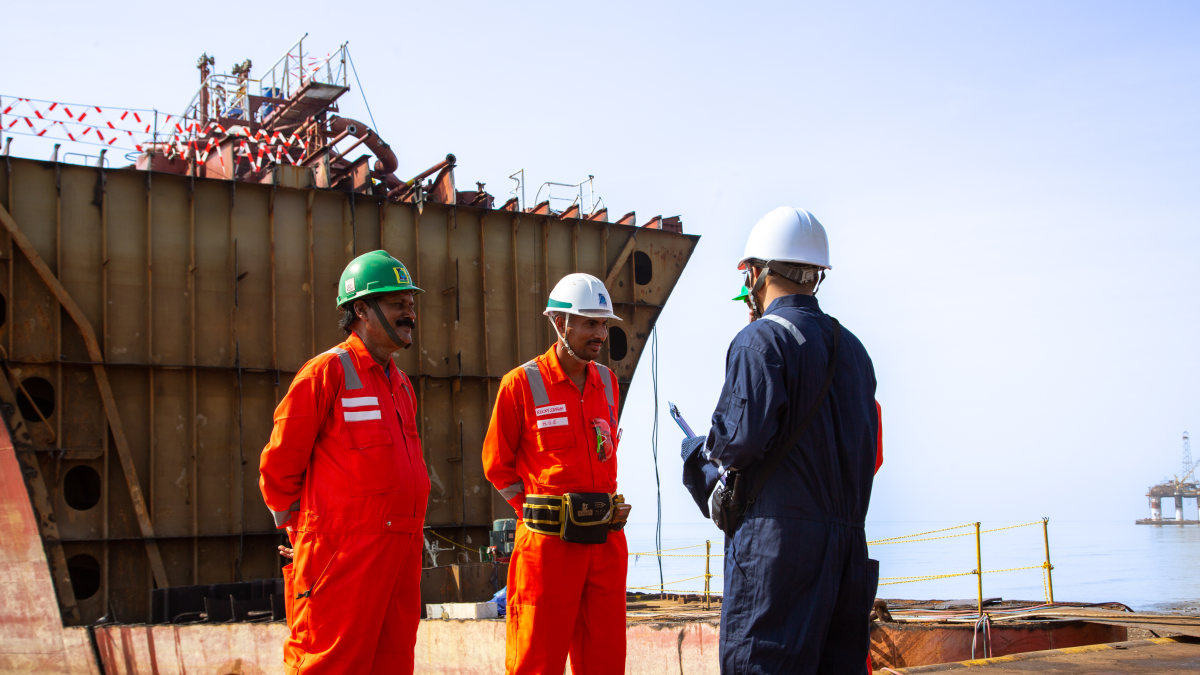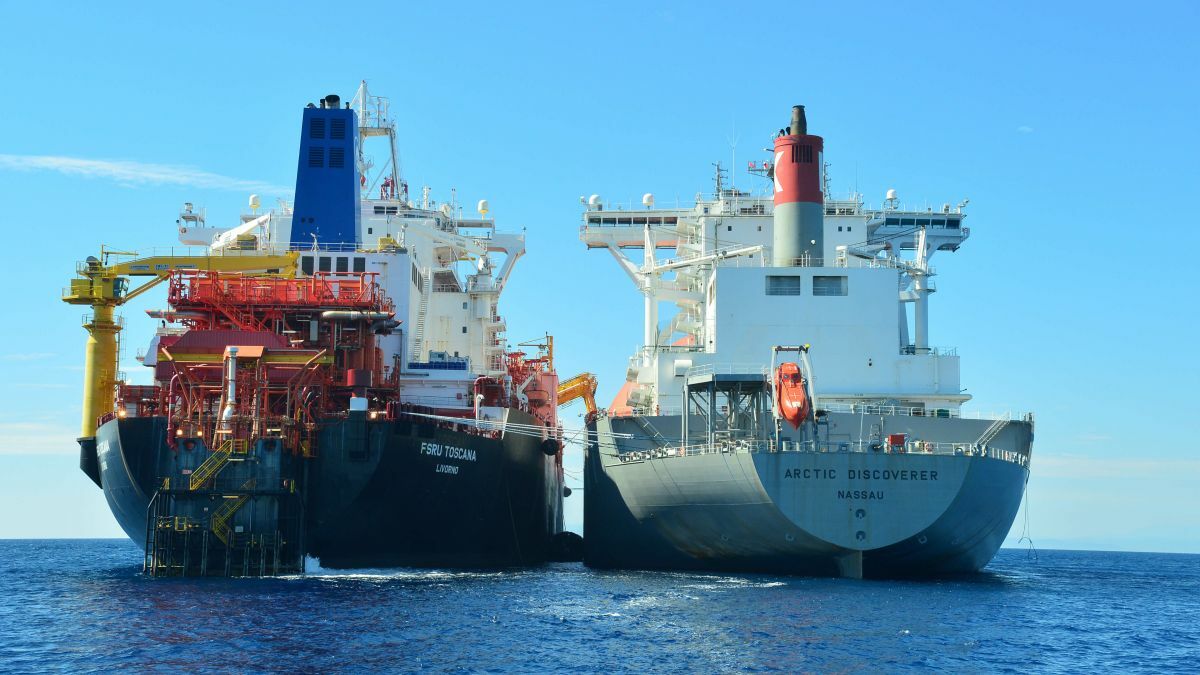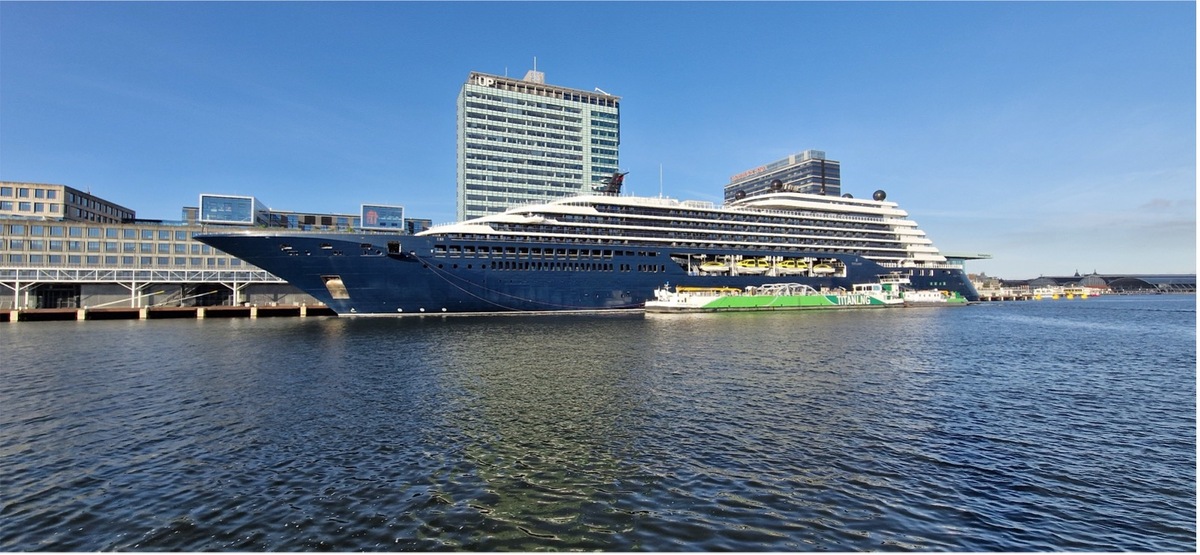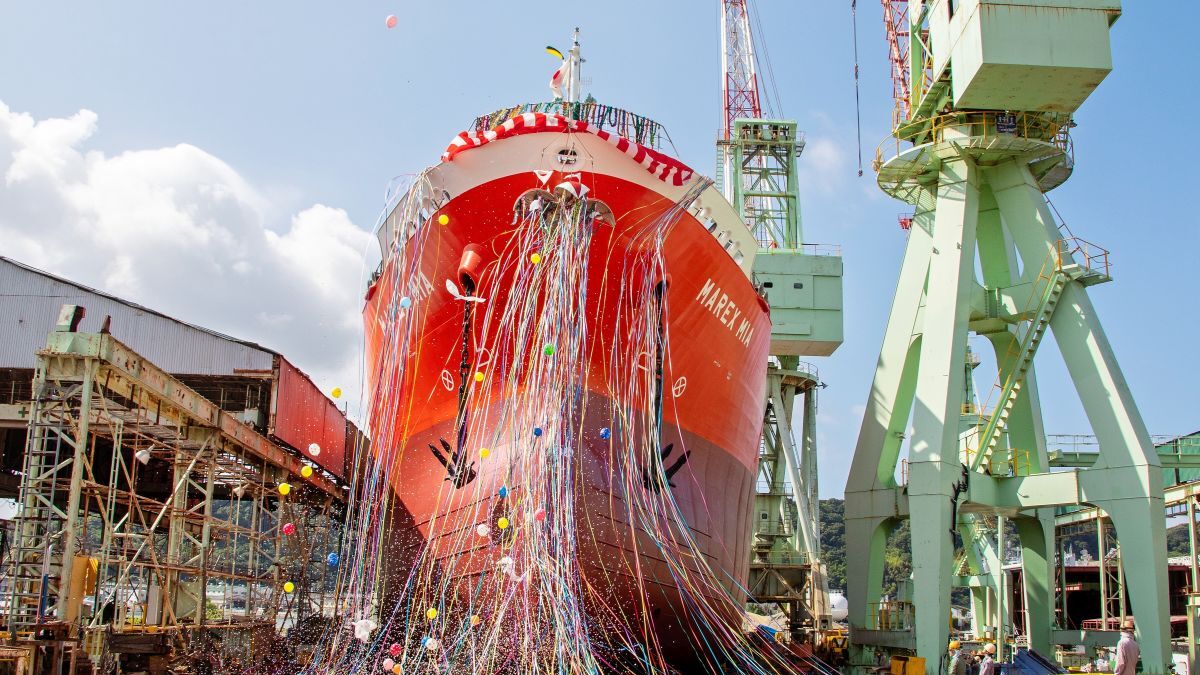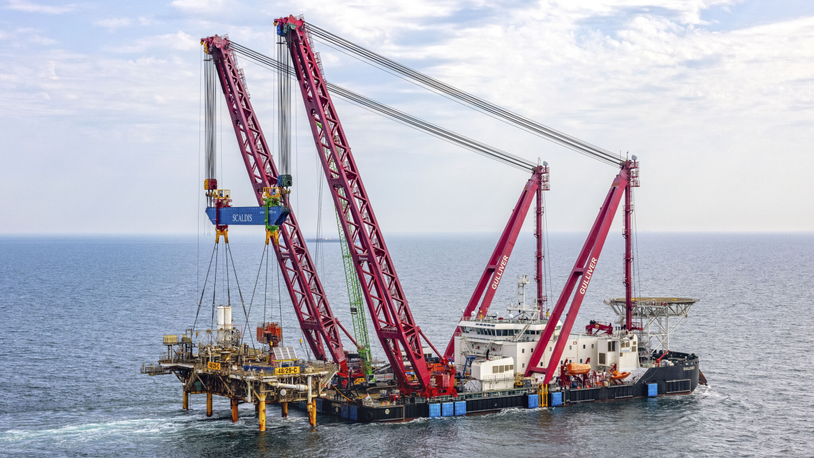Business Sectors
Contents
Register to read more articles.
Ship recycling: solutions to meet new legislation
The shipping industry faces significant challenges in meeting the latest ship recycling legislation, which demands greater environmental responsibility and transparency
While recycling legislation is pulling in different directions, those companies that play a pivotal role between the owner selling a ship for recycling and the yards that undertake the recycling, are reaching out to bring South East Asian facilities up to the required standards and educate both sides of the recycling equation.
GMS senior trader, Vagelis Chatzigiannis, stressed the multifaceted challenges in the sector, stating: "The evolving regulatory regime and the continued developments in the infrastructure of ship recycling facilities are of paramount importance." Mr Chatzigiannis underscored the need for continuous stakeholder co-operation and clear regulatory frameworks to ensure safe and environmentally sound ship recycling. "The continuous co-operation of stakeholders in the industry is imperative," he said.
Elsewhere, Grieg Green’s YardScore offers a neutral, data-driven basis for comparing shipyards across countries using a standardised, transparent scale. This system evaluates a range of practices, including emissions, circularity, material flows, infrastructure, safety, working conditions, Grieg Green managing director, Pia Meling, explained: "The current regulation has no evaluation scale, just a binary approval of the facility every five years." Ms Meling highlighted the need for more nuanced assessments.
"There are vast individual differences between recycling facilities that have received a Statement of Compliance with HKC, and there are little incentives to improve safety, working conditions, and environmental protection beyond the minimum compliance requirements," noted Ms Meling.
“There are vast individual differences between recycling facilities”
Another approach to ship recycling is demonstrated by Damen Shipyards’ pilot project for circular shipbreaking. This project involves dismantling the 1927-built tugboat Jan in a circular manner at Damen Shiprepair Rotterdam’s Botlek site, in line with EU regulations. Damen Shipyards group chief executive, Arnout Damen, explained the broader vision: "The question is not just how we design, build, maintain, and refit our ships, but also, and precisely, how we dismantle them at the end of their lifespan and, most importantly: recycling." This initiative aims to maximise environmental and economic returns by identifying and assessing the potential for reuse of all materials from the dismantled vessel.
Bottelier Slooptechniek, a certified specialist in circular demolition, is collaborating with Damen Shipyards on this project. Bottelier Group commercial director and co-owner, Nick van Egten, said: "We identify all the materials from Jan and assess their potential for reuse. In that way, the maximum environmental and economic return can be generated from the materials in their residual life."
Related to this Story
Orderbook tilts to alternative fuels as deliveries rise
Events
Offshore Support Journal Conference, Americas 2025
LNG Shipping & Terminals Conference 2025
Vessel Optimisation Webinar Week
© 2024 Riviera Maritime Media Ltd.


